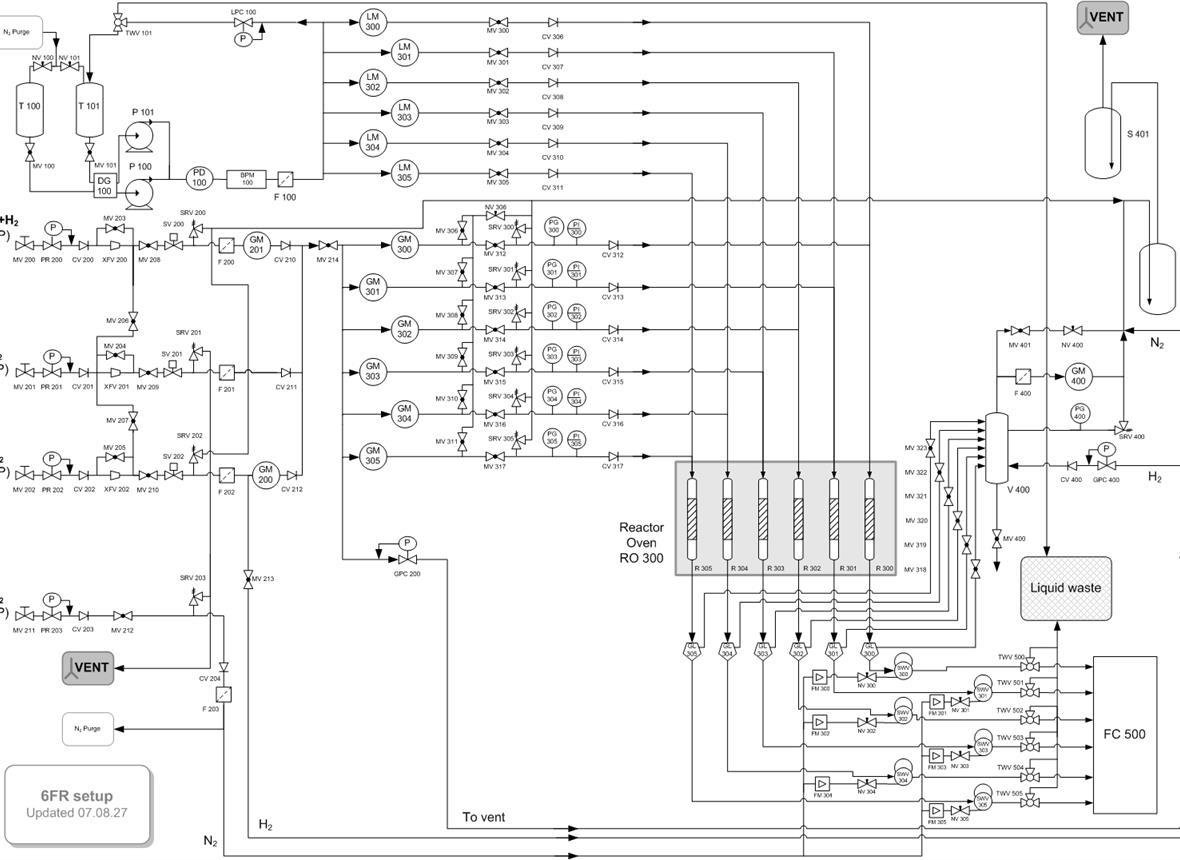Abstract
The dynamics of the retained species on ZSM‐5 and SAPO‐18 catalysts are studied by using a combination of temperature‐programmed desorption/oxidation, ex situ analysis, and in situ FTIR spectroscopic measurements over the entire conversion range, using fixed‐bed and spectroscopic cell reactors, in continuous and discontinuous mode. The results point to the appropriateness of the combined methodologies to track the interconversion of active into deactivating species. A statistically relevant (supported by linear regression and multivariate analysis) association of the observations is found by using the different complementary methodologies. The kinetics of this interconversion depends on the initial conversion (tuned by acidity and space time) and microporous topology, and involve: (i) in the ZSM‐5 catalysts, the diffusion of monocyclic aromatics toward the exterior of the zeolite to form coke, and (ii) in the SAPO‐18 catalysts, the obstruction of the cavities by aromatics that grow into tetracyclic aromatic islands.
Keywords
O2H
